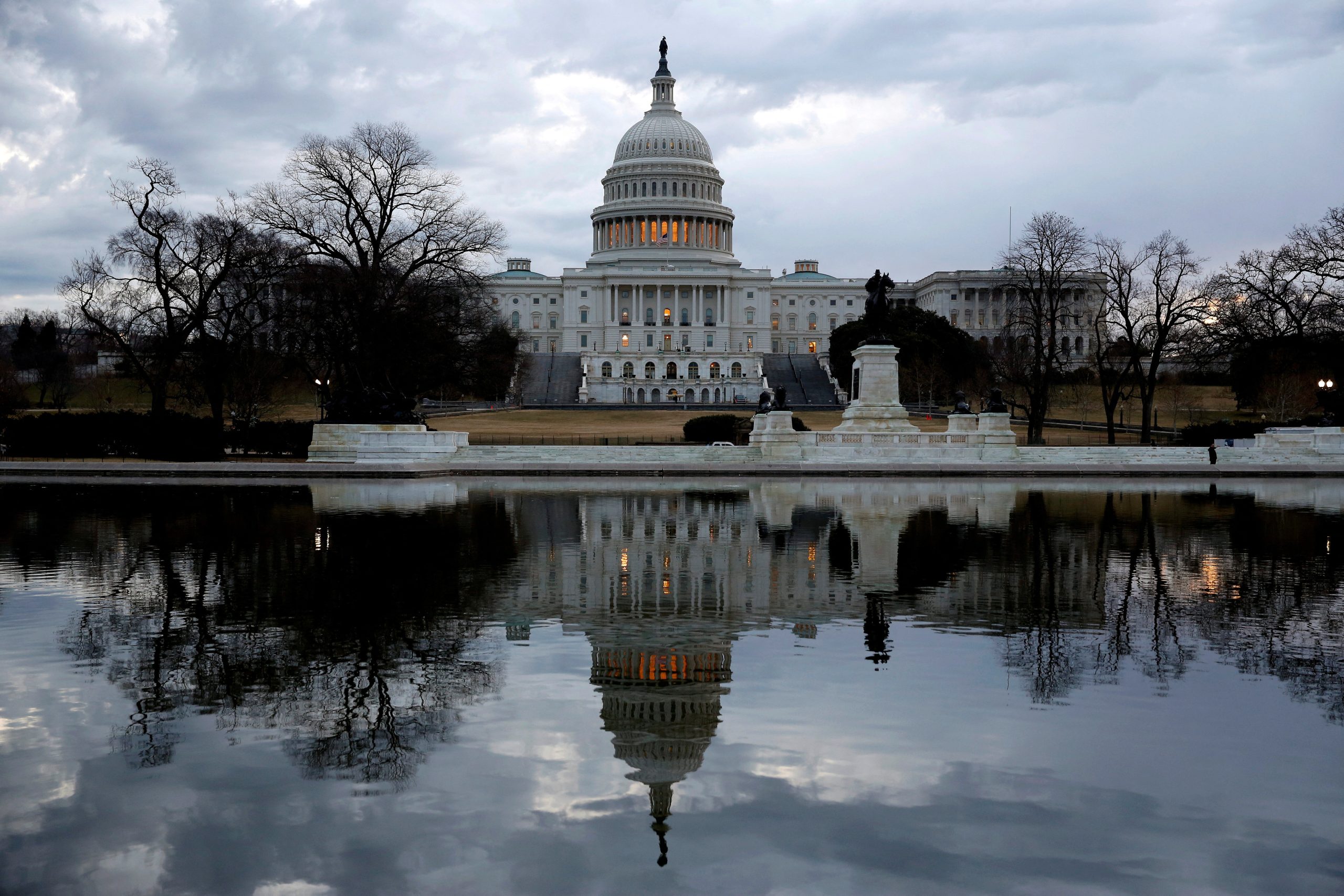
Key Points:
- The House-approved defense bill deviates from the NDAA on F-35 and submarine purchases, sparking debate over cost, industrial capacity, and strategic priorities.
- Social policy riders, including restrictions on abortion access and diversity initiatives, ignited strong opposition from Democrats.
- The bill reinforces support for Israel, prohibiting delays in arms deliveries and increasing funding for missile defense and counterterrorism programs.
In a move likely to reverberate through the halls of Congress and the defense industry, the House of Representatives passed a hefty $833 billion defense spending bill for fiscal year 2025. The legislation, approved by a vote of 217-198, ignited heated debate over the procurement of F-35 fighter jets and Virginia-class attack submarines, highlighting a growing rift between lawmakers and the Pentagon.
Appropriators Defy Bipartisan Pressure on Procurement
At the heart of the controversy lies the House Appropriations Committee’s decision to deviate significantly from the defense priorities outlined in the National Defense Authorization Act (NDAA), passed earlier this month. The spending bill, spearheaded by Rep. Ken Calvert (R-Calif.), Chair of the Defense Appropriations Subcommittee, calls for the purchase of 76 F-35s, eight more than requested by the Department of Defense. This starkly contrasts the NDAA, which aims to reduce the number of F-35s to 58.
Defending the increase, Calvert argued that bolstering America’s military advantage is crucial to deterring Chinese aggression, emphasizing investments in advanced aircraft. However, this move drew sharp criticism from lawmakers like Rep. Adam Smith (D-Wash.), a ranking House Armed Services Committee member, who labeled the F-35 program as plagued by cost overruns and performance issues.
Social Policy Riders Draw Ire from Democrats
Further deepening the partisan divide, the defense bill incorporates several controversial social policy riders. These include restrictions on abortion access for service members and limitations on military diversity initiatives. Rep. Betty McCollum (D-Minn.), ranking member of the Defense Appropriations Subcommittee, denounced these additions, arguing that they fail to foster an inclusive environment within the military.
The bill also drew criticism for omitting $300 million in funding for the Ukraine Security Assistance Initiative, a long-standing program supporting Ukraine’s security. While acknowledging that this represents a small fraction of the total aid allocated to Ukraine, McCollum expressed concerns that the omission sends a negative signal to Russia.
Focus on Israel and Push for Conservative Priorities
The legislation underscores a solid commitment to Israel, prohibiting delays in the delivery of defense articles and services to the country. It further allocates $500 million for Israeli missile defense programs and bolsters funding for counterterrorism initiatives.
Reflecting a conservative agenda, the bill includes provisions banning funding for the Wuhan Institute of Virology, prohibiting contracts with NewsGuard Technologies Inc., and restricting the promotion of critical race theory within the military.
The House’s passage of the defense spending bill sets the stage for intense negotiations with the Senate, which is expected to unveil its own version of the bill in the coming weeks. With key differences on issues ranging from F-35 procurement to social policy riders, finding common ground will prove to be a significant challenge.
